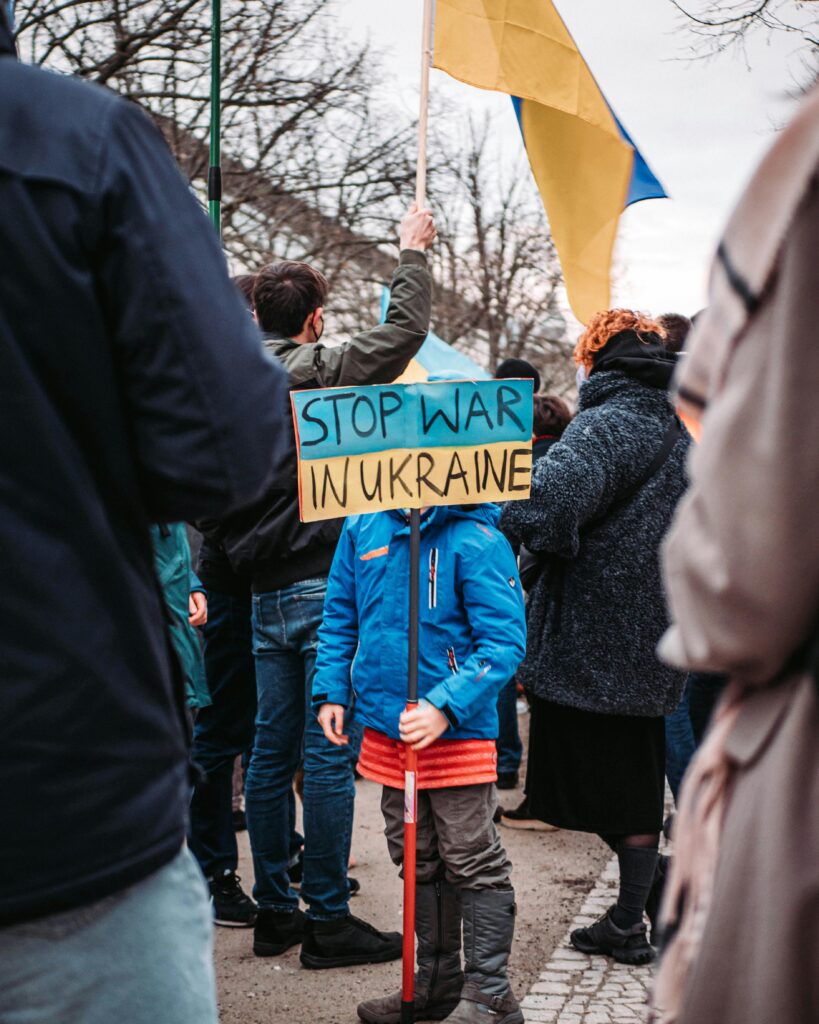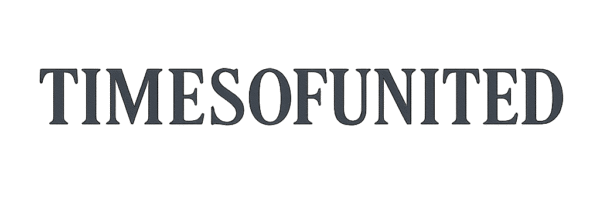A new diplomatic divide has surfaced after President Donald Trump and President Vladimir Putin met at a recent U.S.-Russia summit in Alaska. European leaders are now more united than ever in support of Ukraine as a result of Trump’s shift toward Putin, which included renouncing earlier calls for a ceasefire before talks and seeming amenable to territorial concessions.
Trump’s Change at the Summit in Alaska
Trump signaled support for Putin’s position at the summit, which is a direct peace deal that might involve Ukraine giving up some of the Donbas region, and he renounced the West’s long-standing insistence on a ceasefire as a prerequisite for peace negotiations. Several reports claim that Trump backed Putin’s plan to freeze frontlines in exchange for Kyiv giving up Donetsk, a demand that Ukraine vehemently opposed.
Critics quickly denounced this as a diplomatic victory for Russia, cautioning that the United States was ignoring Ukraine’s interests while giving Putin legitimacy.

Europe’s Prompt and Coordinated Reaction
European leaders quickly mobilized so they wouldn’t be outmaneuvered:
- Key countries, including France, Germany, Italy, the UK, Finland, Poland, and the EU, released a joint statement on August 15, immediately following the summit, supporting Trump’s goal of peace while highlighting two crucial non-negotiables: Ukraine must be included in all negotiations and its territorial integrity must not be jeopardized.
- Ahead of a summit in Washington, high-level delegations from these nations simultaneously began concerted efforts to bolster support for Ukrainian President Zelenskyy. They are stressing strong security guarantees, ideally based on NATO’s Article 5, and calling for Ukraine to play a key role in any peace process.
- Ursula von der Leyen, president of the European Commission, and others reaffirmed that the EU and its allies are ready and united to support Ukraine’s defense with both military and political support.
Guarantees for Security: A Hint of Compromise
In an unexpected change from Russia’s adamant resistance to Western-based defense guarantees, U.S. envoy Steve Witkoff disclosed that President Putin permitted the United States and its European allies to provide Ukraine with “Article 5-like” security guarantees.
The Strategic Calculus of Europe
European capitals are keeping a close eye on the situation, determined to protect Ukraine’s sovereignty and suspicious of Trump’s inclination toward Putin:
- Emmanuel Macron, the president of France, cautioned that displaying weakness in front of Russia would lead to more confrontations.
- European unity is more important than ever to stop the breakdown of the rules-based international order, according to political analysts who hailed the summit as a possible geopolitical shift in both tone and substance.
- With programs like the Weimar+ group and the “Coalition of the Willing,” which are meant to strengthen Europe’s strategic autonomy and collective defense capabilities, many are advocating for increased military readiness.
Looking Ahead
The diplomatic stakes are high as Zelenskyy and his European allies travel to Washington to meet with Trump:
- European leaders are still adamant that Ukraine be given a prominent role in peace talks.
- They reject any forced territorial concessions or agreements reached without Kyiv’s full consent and demand “ironclad” security guarantees.
- The events demonstrate a growing European consensus that Europe must remain steadfast in its defense of Ukrainian sovereignty and its own security foundations, despite the complexity of geopolitical pressures and changing U.S. approaches.

